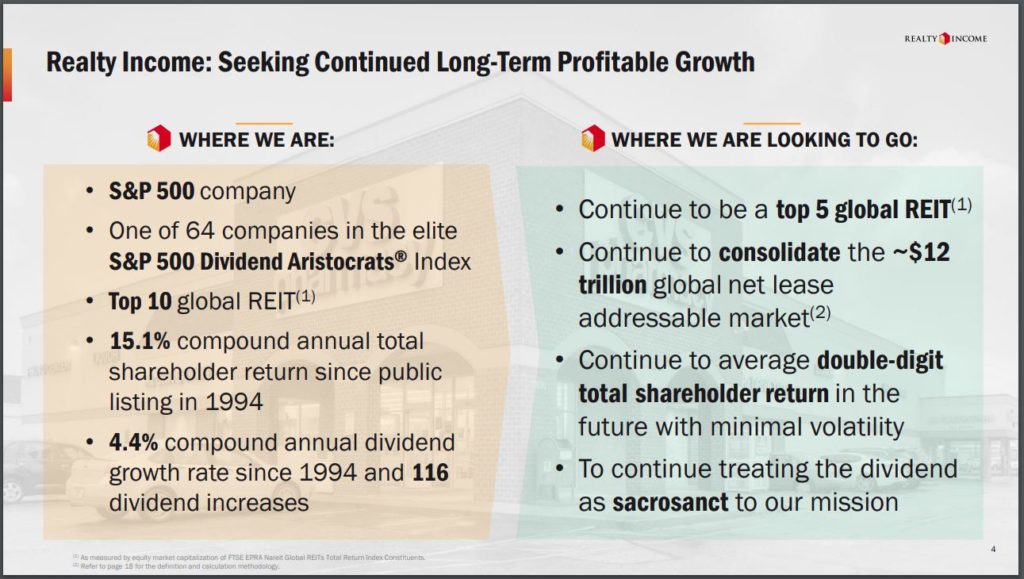Stepping into the realm of How to Lower Your Business Insurance Premiums in 2025, readers are welcomed with a blend of expertise and insight, promising a journey filled with valuable information and original perspectives.
Delve into the core details of the topic in the following paragraph to provide a comprehensive understanding.
Understanding Business Insurance Premiums
Business insurance premiums are influenced by various factors that determine the cost of coverage for a company. Understanding these factors can help businesses make informed decisions to lower their insurance premiums.
Factors Influencing Business Insurance Premiums
- The size and nature of the business: Larger businesses or those operating in high-risk industries may face higher premiums due to the increased likelihood of claims.
- Claims history: A track record of frequent or costly claims can lead to higher premiums as it indicates a higher risk for insurers.
- Location: Businesses located in areas prone to natural disasters or with higher crime rates may experience higher insurance costs.
- Type of coverage: The extent and type of coverage required by a business can significantly impact insurance premiums.
Types of Coverage Impacting Insurance Costs
- General liability insurance: Protects businesses from claims related to bodily injury, property damage, and advertising injury.
- Property insurance: Covers damage or loss of physical assets such as buildings, equipment, and inventory.
- Workers' compensation insurance: Provides coverage for employees' medical expenses and lost wages due to work-related injuries or illnesses.
- Professional liability insurance: Protects businesses from claims of negligence or errors in professional services.
Variation of Insurance Premiums Across Industries
- Insurance premiums can vary between industries based on the level of risk associated with the specific sector. For example, construction companies may face higher premiums due to the inherent risks of the industry, such as accidents or property damage.
- Some industries, like technology or consulting, may have lower insurance premiums as they are perceived as lower risk compared to industries like healthcare or manufacturing.
- Regulatory requirements and past claims experience within an industry can also impact insurance premiums for businesses operating in that sector.
Strategies for Lowering Premiums

Reducing business insurance premiums is a key priority for many companies looking to cut costs and improve their bottom line. By implementing certain strategies, businesses can effectively lower their insurance premiums while still maintaining adequate coverage.Maintaining a good loss history is crucial in determining insurance premiums.
A clean claims history demonstrates to insurers that your business is low risk, which can lead to lower premiums. By investing in safety measures, such as employee training programs or implementing security protocols, you can minimize the likelihood of accidents or incidents that could result in insurance claims.
Bundling Policies
One effective strategy for lowering insurance premiums is bundling multiple policies with the same insurance provider. By consolidating your business insurance policies, such as general liability, property, and commercial auto, you may be eligible for a multi-policy discount. This can result in significant cost savings compared to purchasing individual policies from different insurers.
- By bundling policies, businesses can simplify their insurance management processes and potentially reduce administrative costs.
- Insurance providers often offer discounts to customers who purchase multiple policies, making bundling an attractive option for lowering premiums.
- Business owners should review their insurance needs with a trusted agent to determine the best combination of policies for their specific risks and budget.
Utilizing Technology for Cost Savings
In today's rapidly evolving business landscape, leveraging technology has become essential for reducing business insurance premiums. By incorporating innovative solutions like IoT devices, data analytics, and insurtech advancements, companies can effectively mitigate risks and potentially lower their insurance costs.
IoT Devices for Risk Mitigation
IoT devices play a crucial role in enhancing risk management practices within businesses. These connected devices can provide real-time data on various operational aspects, allowing companies to proactively identify and address potential risks. For instance, sensors can monitor environmental conditions, equipment performance, and security measures, helping to prevent accidents and minimize losses.
By demonstrating a commitment to risk prevention through IoT technology, businesses may qualify for lower insurance premiums due to reduced overall risk exposure.
Data Analytics for Risk Assessment
Data analytics tools enable companies to analyze vast amounts of information to identify patterns, trends, and potential risks. By leveraging data-driven insights, businesses can make informed decisions regarding risk management strategies and insurance coverage. Insurers also use data analytics to assess the risk profile of a business more accurately, which can lead to more competitive premium rates.
By investing in data analytics capabilities, companies can demonstrate their risk management proficiency and potentially negotiate lower insurance premiums.
Insurtech Advancements for Process Efficiency
Insurtech solutions are transforming the insurance industry by streamlining processes and enhancing customer experiences. From automated underwriting and claims processing to personalized policy pricing, insurtech advancements offer numerous benefits for both insurers and policyholders. By adopting these technological innovations, businesses can improve operational efficiency, reduce administrative costs, and potentially qualify for discounted insurance premiums.
Insurtech solutions also enable companies to access real-time data insights, optimize risk management practices, and demonstrate a proactive approach to reducing insurance risks.
Engaging with Insurance Providers
Negotiating with insurance providers can play a significant role in lowering your business insurance premiums. Building a strong relationship with your insurance agent and regularly reviewing and updating your policies are key strategies to ensure you are getting the best rates possible.
Effective Negotiation Strategies
- Research and compare quotes from multiple insurance companies to leverage competitive rates.
- Highlight your business's risk management strategies and safety measures to showcase your commitment to minimizing potential claims.
- Consider bundling multiple insurance policies with the same provider for potential discounts.
- Discuss your claims history and inquire about discounts for a history of few or no claims.
Benefits of Building a Strong Relationship
- Having a good rapport with your insurance agent can lead to personalized service and tailored insurance solutions.
- Your agent can provide guidance on coverage options, help you understand complex insurance terms, and advocate on your behalf during claims processes.
- A strong relationship can also make it easier to negotiate better rates or discounts when needed.
Importance of Regular Policy Reviews
- Regularly reviewing your insurance policies ensures that your coverage aligns with your current business needs and risks.
- Changes in your business operations, assets, or industry regulations may require adjustments to your coverage levels or policy terms.
- Updating your policies can help prevent gaps in coverage and ensure you are adequately protected in the event of a claim.
Wrap-Up

Concluding our discussion on How to Lower Your Business Insurance Premiums in 2025, we summarize key points with finesse and offer a parting note that lingers in the reader's mind.
Quick FAQs
How can I lower my business insurance premiums effectively?
To lower your premiums, consider reducing risks, maintaining a good loss history, and bundling policies or increasing deductibles.
Why do insurance premiums vary between industries?
Premiums vary due to factors like industry risks, claim histories, and specific coverage needs unique to each sector.
What role does data analytics play in reducing insurance premiums?
Data analytics helps in assessing risks accurately, allowing for more precise premium negotiations based on data-driven insights.
How important is it to regularly review and update insurance policies?
Regularly reviewing and updating policies ensures that your coverage aligns with your business needs and helps in optimizing costs over time.




